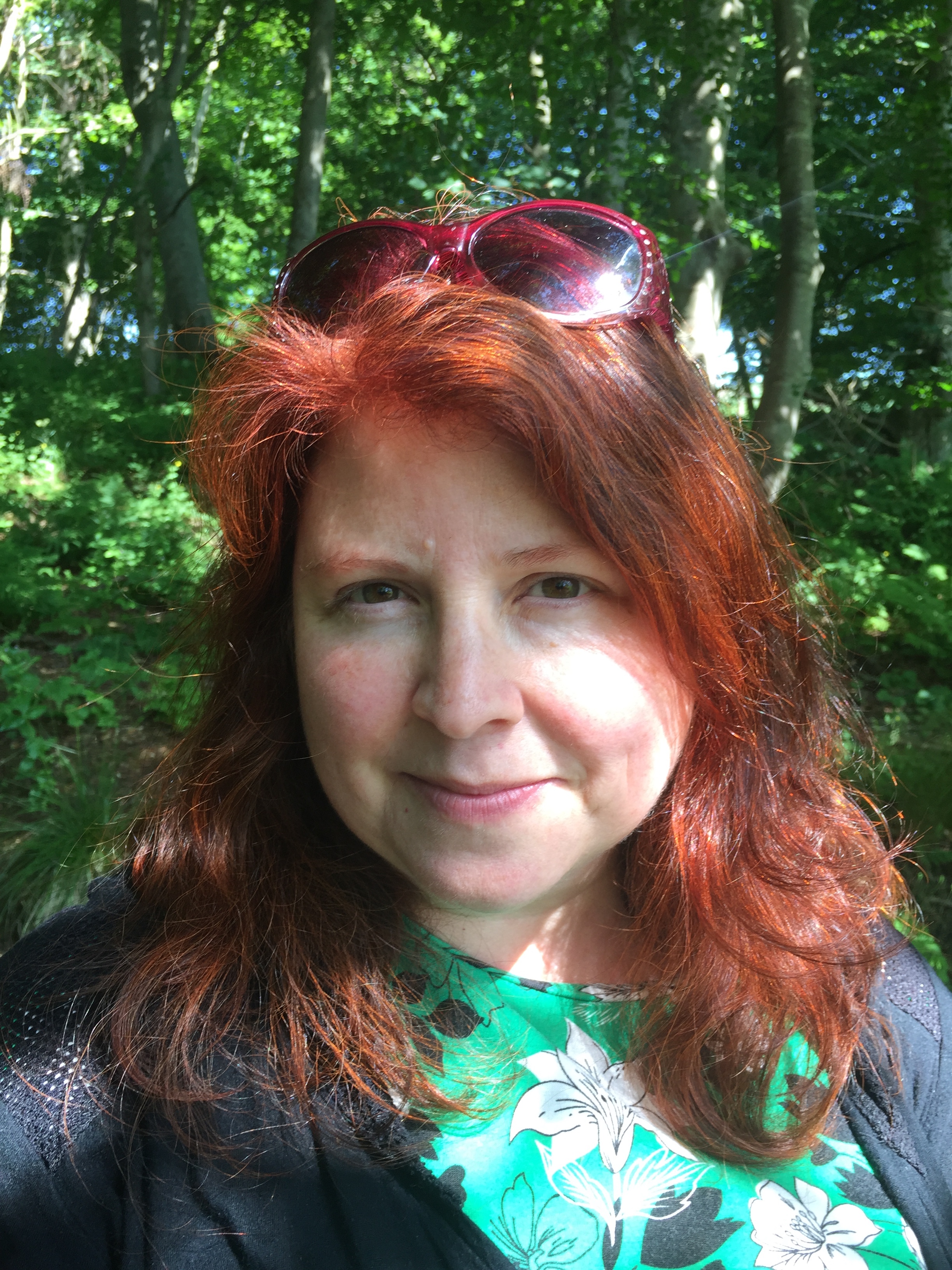Rev Nicolle Sturdevant is a PhD Candidate with the College of Humanities, Penryn researching shared sacred landscapes in Scotland and Wales. She is supervised and supported by Prof Joanne Parker and Prof Philip Schwyzer. She lives in Scotland with my husband, two children, mum, two dogs and four cats. She is also the Honorary Pagan Chaplain at University of Aberdeen.
In 2018 I began my PhD at Exeter to explore sites that have ancient sacredness along with active Christian architecture. The purpose was to see how those who actively engaged with these sites such as members of the churches, the spiritual community and tourists viewed this shared landscape. I had already planned out how I would conduct my research. Everything was structured, logical and organised down to the last detail. Fieldwork was to begin in October 2019 and run for a year. This would include focus groups, interviews, surveys at sites. All of this was approved and encouraged by my supervisors. I was excited to get started!
Then I made a small, ever-so-slight change. My supervisors and I realised that I would collect the majority of my data within a six-month window so it was logical to shorten my time frame. It would save on travel and money, plus I could focus on the fieldwork and analysing data exclusively instead of writing my other chapters at the same time. I had already completed the initial prep work so this was a very minor change. Again logical, purposeful and Plan B.
All of that changed in March 2020. I received an email from the ethics committee that all fieldwork was stopped due to COVID-19 and could only be conducted online via Teams or Skype. Not only was my logical order in chaos, but my fieldwork was in danger of not taking place at all. With the agreement of my supervisors, I decided to remove the survey portion of my research as that relied on tourism, and put off my focus groups until we had further guidance from the government. So this was now… Plan C. The hope here was that I would be able to conduct the fieldwork in Winter 2020 and/or Spring 2021. Then of course, that changed again with extended lockdown at the beginning of 2021.
So now I am on to Plan D. I have conducted several interviews and another practice focus-group utilising Teams, which seem to work. None of this is ideal as the human connection is being missed. Instead of tea and biscuits together I am confirming they have received/read/sent the forms via email and can connect to Teams. For participants that do not have internet, they are being interviewed individually, in addition to the ones that were to be interviewed from the very beginning.
On top of all of this, archival research has been restricted. My original submission date of September 2021 has been pushed back to February 2022. I know I will finish my thesis, however all of these continued changes have caused anxiety over when. As a parent, spouse, chaplain and tutor for secondary school students, the pandemic was already affecting my daily life. This now felt like one more roadblock in my research yet my supervisors have been supportive the whole time. Plus, the PGR Writing Group has been instrumental in keeping me ‘sane’ during all of this. It is one thing to be told you are not alone, but to know this is invaluable. The takeaway here is find your support network and if this research is something you really want to do, they will help you find a way.

